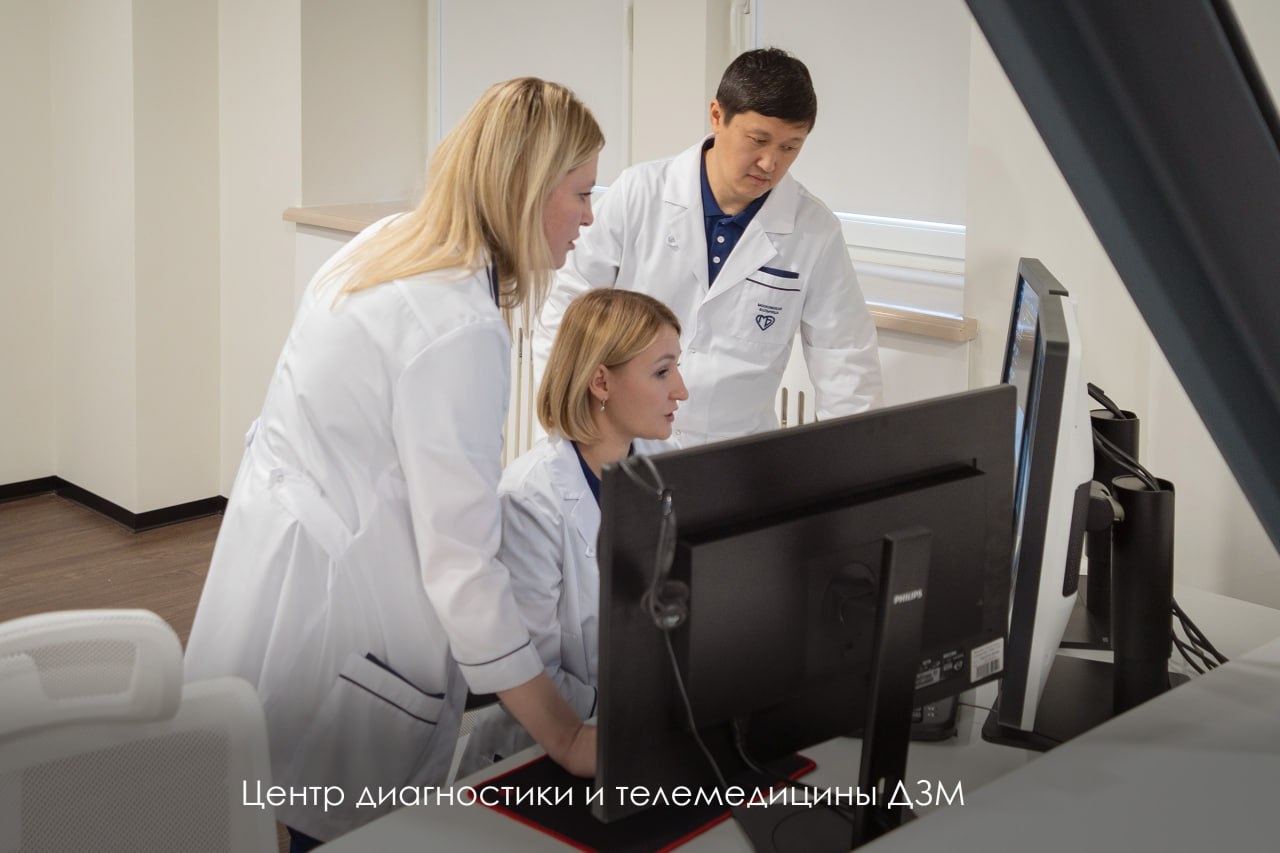The Center for Diagnostics and Telemedicine Centre of the Moscow City Health Department has announced the creation of the first publicly available dataset of brain CT scans, marking a significant advancement in the use of artificial intelligence (AI) for the detection of brain diseases. Announced by Deputy Mayor for Social Development Anastasia Rakova, the dataset comprises 800 CT scans along with relevant clinical and technical data. This initiative is part of Moscow's broader strategy to fuel AI-driven innovations in healthcare, with over 350 datasets created to date, 68 of which are available to the public.
This dataset is designed to enhance the capabilities of AI developers in identifying intracranial hemorrhages, thereby advancing medical diagnostic technologies. Moscow's commitment to integrating AI into healthcare has established a new market for AI applications within the sector, accelerating the development of cutting-edge IT solutions for medical use.
The comprehensive dataset includes complete CT scan results and crucial clinical information to improve the effectiveness of pathology detection. Available on the mosmed.ai platform, it enables the testing and refinement of neural networks for detecting various pathologies, not limited to brain conditions but extending to thoracic organs and other anatomical areas. Since its begging in 2022, the digital library has been progressively enriched with datasets across major diagnostic modalities.
Intracranial hemorrhages pose a significant threat to patients, necessitating timely and accurate detection to facilitate appropriate treatment and minimize brain damage. This, in turn, enhances the patient's prospects for recovery. Artificial intelligence algorithms prove beneficial in this context, as the course of therapy largely depends on not only the presence of hemorrhage but also its location and volume. The database encompasses 800 diagnostic brain imaging tests conducted using computed tomography methods in DICOM format, accompanied by tables with annotations, radiologist conclusions, and information on hemorrhage types, pathologies, and technical specifications. It is crucial to note that the dataset includes not only medical images with hemorrhage presence or absence but also additional parameters, which contribute to the qualitative and more effective testing of artificial intelligence aimed at detecting signs of this pathology. This, in turn, may influence the outcome of algorithm testing. As shared by Yuri Vasiliev, the Senior Consultant for Radiology of the Moscow City Health Department and CEO of the Centre for Diagnostics and Telemedicine, such comprehensive data sets can greatly aid in the development and improvement of AI-based diagnostic tools.
In the realm of computer vision services for diagnostic imaging, it is customary for these innovative technologies to initially operate in an experimental phase within urban hospitals. The evaluation of their performance can be achieved through the utilization of a maturity matrix. This assessment tool enables medical organizations to identify and select the most effective solutions, ultimately contributing to the advancement of diagnostic capabilities and patient care.
Moscow has been at the forefront of integrating computer vision technologies into its healthcare system since 2020, with pilot projects in medical centers laying the groundwork for the development of AI technologies and supporting local developers. This effort is part of Moscow's decade-long journey towards the digitalization of its healthcare system, integrating smart technologies into daily medical practices to improve diagnosis and treatment processes, thus ensuring high-quality care for the city's residents. This project aligns with the national healthcare goals, aiming to enhance the quality and accessibility of medical services in Moscow.

 This pioneering move involves the creation of the first publicly available dataset of brain CT scans, which significantly advances the use of artificial intelligence (AI) for detecting brain diseases.
This pioneering move involves the creation of the first publicly available dataset of brain CT scans, which significantly advances the use of artificial intelligence (AI) for detecting brain diseases.




.jpeg)
.jpeg)
.jpeg)
.jpeg)
_(1)_(1)_(1).jpeg)
.jpeg)
_(1).jpeg)
.jpeg)
.jpeg)






.jpeg)


.jpeg)
.jpeg)

.jpeg)





